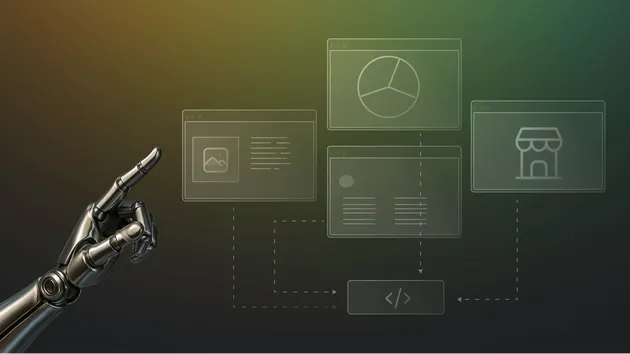AI Vision Scraper
Pricing
$749.00 / 1,000 runs
AI Vision Scraper
AI Vision Scraper automates web tasks, navigating sites, solving CAPTCHAs, and extracting data on demand using a single prompt. From competitor tracking to form submissions, it streamlines workflows and automation across industries like e-commerce, sales, and recruiting.
Pricing
$749.00 / 1,000 runs
Rating
0.0
(0)
Developer

ZScrape Solutions
Actor stats
2
Bookmarked
101
Total users
2
Monthly active users
10 months ago
Last modified
Categories
Share


